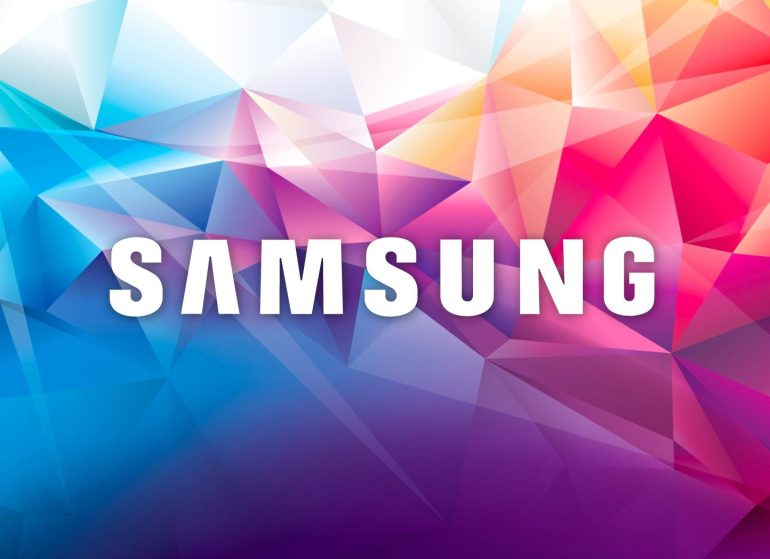- Samsung is enhancing its digital health offerings with AI, specifically using large language models (LLMs).
- This development aims to keep Samsung competitive against tech giants like Google and Apple, who are also advancing in health technology.
- The initiative is still under wraps, with details on product implementations not yet public.
- Samsung’s introduction of AI in its devices, including the Galaxy smartphones and wearables, marks a strategic push towards next-generation mobile computing.
- The company launched the Galaxy Ring, a health tracking device, expanding its footprint in the consumer health sector.
- Hon Pak, VP at Samsung, discussed the potential for a health-focused digital assistant, though plans remain tentative.
- Upcoming Samsung Unpacked event expected to unveil further innovations in health and wearable technology.
Main AI News:
Samsung is advancing its digital health coaching capabilities using large language models (LLMs) as it strives to integrate AI more deeply into its flagship offerings. This development is also part of Samsung’s strategy to maintain a competitive edge against rivals like Google and Apple, who are enhancing their health tracking technologies and digital aids.
The endeavor leverages an LLM to analyze and elucidate health data, based on insights from sources who remain anonymous due to the confidential nature of the project. While a Samsung official had previously mentioned an interest in digital wellness coaching and the application of LLMs for health data interpretation earlier this year, specifics regarding upcoming products or features utilizing this technology remain undisclosed.
Samsung has not issued a statement regarding this. The progress of this initiative and its potential incorporation into publicly available products remains uncertain.
As the leading global smartphone manufacturer in terms of shipments, Samsung continues to integrate AI functionalities into its Galaxy line of smartphones, laptops, and smartwatches, signaling a move towards what its leaders describe as a new phase in mobile technology. This initiative reflects a broader industry trend where AI enhancements in health monitoring are emerging as a new frontier. This focus aligns with Samsung’s recent venture into consumer health earlier this year with the launch of the Galaxy Ring, a device capable of unobtrusively tracking health metrics via the finger.
Samsung has considered the idea of creating a chatbot or digital assistant focused on health data navigation, according to Hon Pak, vice president and head of the digital health team within Samsung Electronics’ mobile experience division. While Pak acknowledged the necessity of a digital assistant for managing and deciphering health-related information, he remained non-committal about specific projects.
“The exact configuration of such technology remains undecided,” Pak noted following Samsung’s January Unpacked event. He suggested that the digital assistant’s form could vary depending on individual preferences—some might prefer audio, while others might opt for visual displays on their televisions.
Further, Pak hinted at the existence of a “digital assistant coach” in Samsung’s roadmap during a February interview with CNBC.
More details on Samsung’s health and wearable technology vision are anticipated at its forthcoming Unpacked event, scheduled for July 10 as reported by Sam Mobile blog and The Chosun Daily. This event, which usually features the launch of new smartwatches and foldable phones during the summer, is likely to officially introduce the Galaxy Ring alongside the latest iterations of the Galaxy Watch.
Conclusion:
Samsung’s strategic investment in AI-driven health technologies signifies a robust endeavor to not only enhance its product ecosystem but also to solidify its market position against formidable competitors such as Google and Apple. By integrating advanced AI into health tracking and management tools, Samsung is not only responding to increasing consumer demand for sophisticated health monitoring solutions but also setting a foundation for future innovations in wearable technology. This move is likely to catalyze further advancements across the industry, prompting competitors to accelerate their own innovations in health technology, which could lead to rapid evolution in the digital health and wearable markets.

